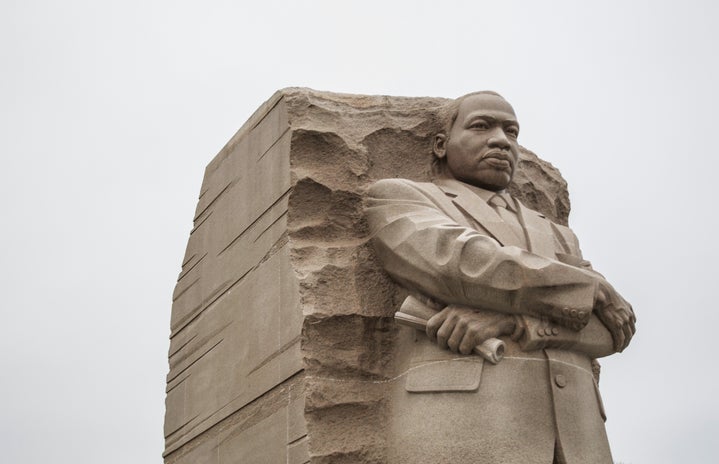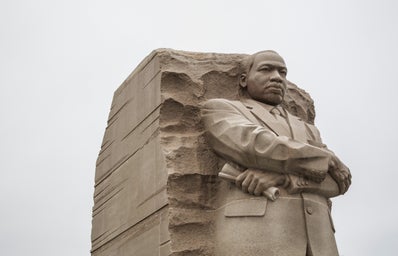Nine months prior to Rosa Parks, another brave Black woman refused to give up her seat. Her name was Claudette Colvin. Why aren’t we taught Claudette’s story? Why is she ignored in history? Why are we taught the false narrative that Rosa Parks, who was also a brave and amazing activist, was the first Black woman to stay in her seat? The answer is even worse than you would imagine.
At 15 years old, Claudette Colvin refused to give up her seat on the bus to a white person, making her the first to challenge the law that required Black people to move to the back of the bus for any white person. The day was March 2, 1955 and Claudette was dragged by two white police officers off the bus. She shouted “It’s my constitutional right” over and over as she was handcuffed, placed in jail, and charged with three things: violating segregation laws, distrubing the peace, and assaulting a police officer. Although unplanned, this act was pivotal in the civil rights movement. Yet, it was almost written out of history since the famous Montgomery Bus Boycott started nine months later with the arrest of Rosa Parks. Claudette’s story was ignored until the early 2000s where biographers of Claudette’s corrected that record. Unfortunately, she’s been labeled “the original Rosa Parks” which is beyond sad and depressing to the point that it is clumsy, insulting, and vile – Claudette is not a copy of Parks; they are both brave souls that sparked a huge movement and change. They are separate and individually important.
Claudette Colvin has been pushed aside for a plethora of reasons. The main one has been commonly misreported that she was pregnant at the time of her arrest and trial. She was not at that time, but she became pregnant afterward. Civil rights leaders deemed her not the “right type of plaintiff” to organize around prior to her trial. After her pregnancy came to light, they maintained that they had made the correct choice. Honestly, that’s really fucked up.
Other, also ridiculous, reasons included that she didn’t have the “right” hair, she was dark-skinned, and she was a teenager. Activists decided to ignore her efforts in the hopes of creating a “better image” to push their movement forward and to gain the support of others. Obviously, we can look back and recognize how awful that is to do. They did end up receiving support and were able to successfully get recognition to gain basic human rights. But, what did it cost?
Of course, I completely support the end result and that Black people have, you know, basic human rights. There is no “but”, but there is an “and”. And, I wish my ancestral activists (granted, only a few decades ago) were able to do so without having to pick and choose how to show their progress and history. It does not speak poorly of them, but instead of the way that this country is run and how history is written and shown.
So, why is Claudette Colvin one of my favorite people in history? Well, all of the reasons I previously stated. Also, she’s still kicking. She’s 82 and still being forgotten. I want to help change that and fight for the forgotten voices in history. This month is so important to start the work to raise these voices, tell these stories, and really fight for change.
I could speak for days on the impact of the way history is taught and recorded. Specifically, my issues with the fact that many of the photos from the civil rights moment in our textbooks are in black-and-white when they were taken in color. I mean, Rosa Parks died in 2005 – I was alive and my baby sister was born months before that. Plus, many times, textbooks speak of racism as if it completely disappeared after Martain Luther King Jr. was assassinated and a few laws were created. The entire system that the U.S. is built on is founded on racism. It most definitely did not just leave. I digress. My point is that many of the things that are taught in schools are definitely not doing enough, so there is a LOT of work we still need to do. I leave you with a single question: what are you going to do with this?


